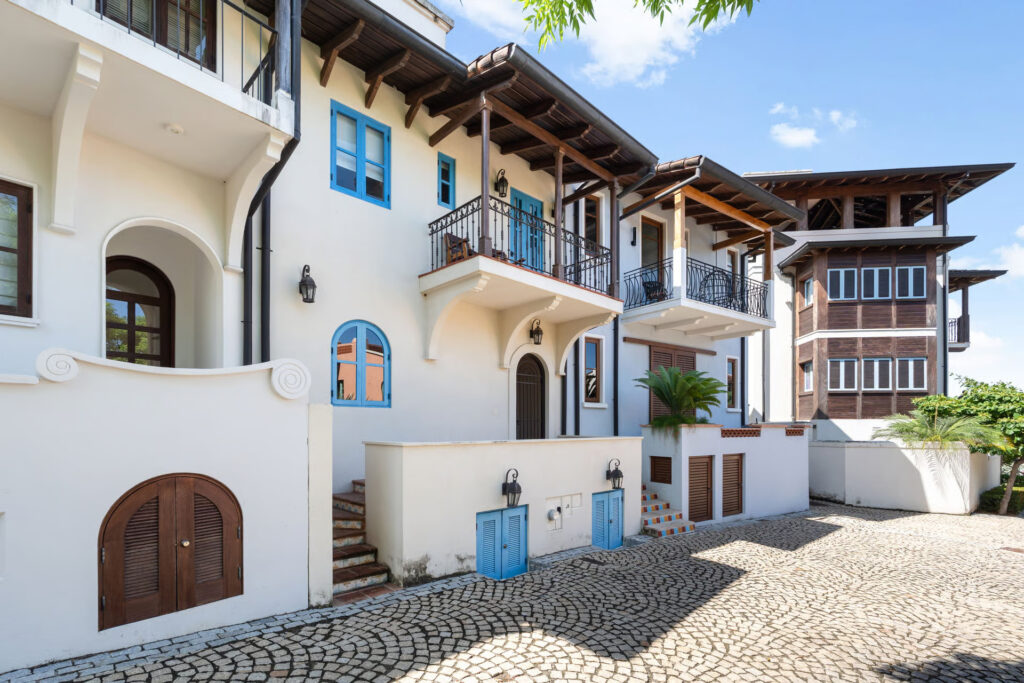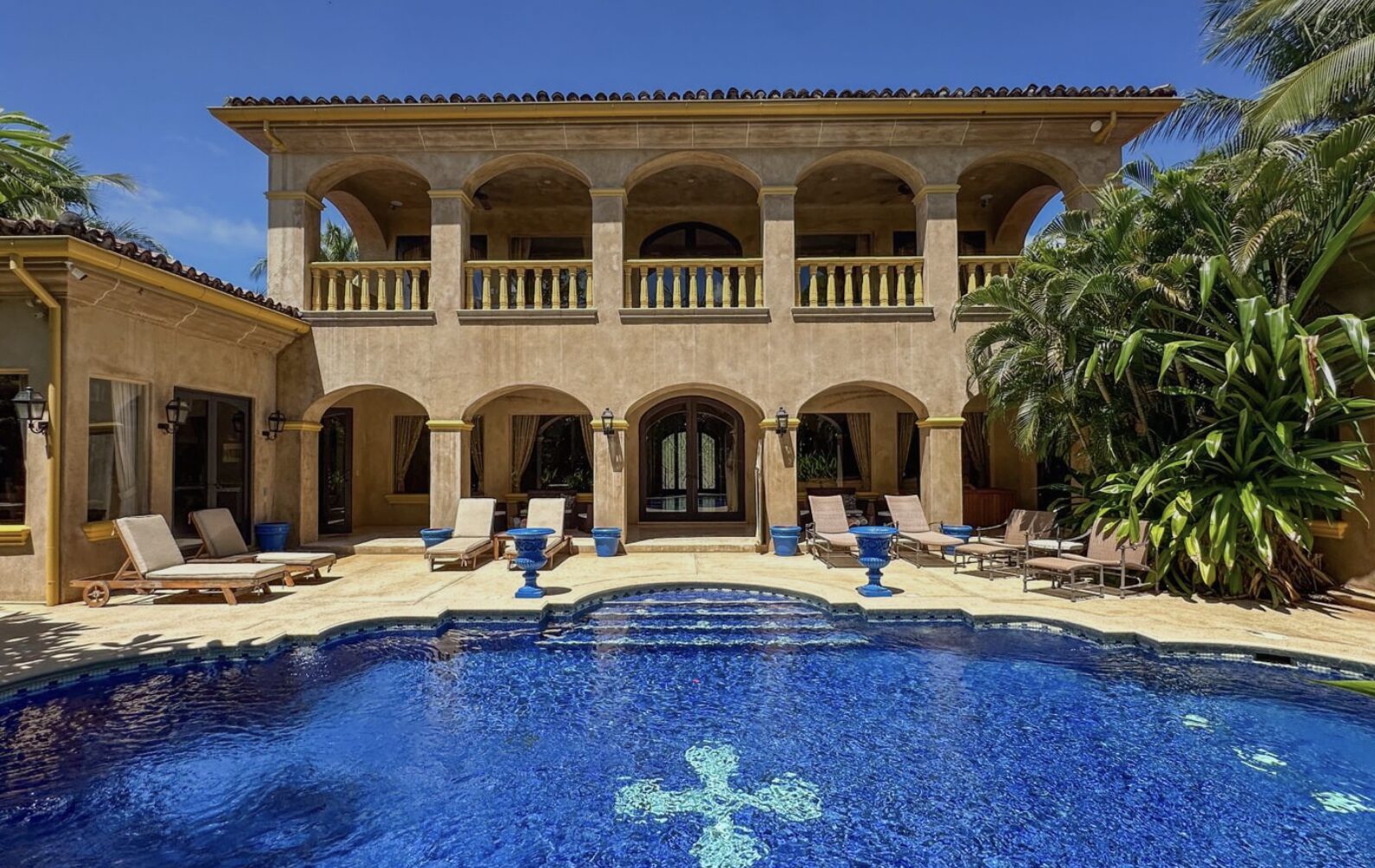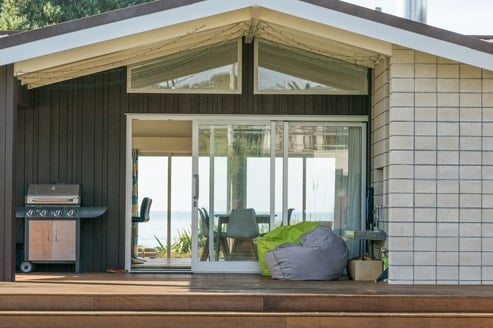Costa Rica is a dream destination for many. With its tropical beaches, lush rainforests, and stable political environment, it’s no wonder that Costa Rica has become one of the top countries for foreigners looking to invest in Costa Rica real estate. But can foreigners actually buy property in Costa Rica? The answer is a resounding yes, and the process is much simpler than many think. If you’re interested in purchasing property in Costa Rica, here’s everything you need to know.

The Legal Framework for Foreign Property Ownership
Costa Rica has long been known for its open-door policy toward foreigners. In fact, the country has no restrictions on foreign ownership of land or property. Unlike some countries where foreign nationals may face restrictions, real estate Costa Rica laws allow foreign citizens to own property outright, whether it is residential, commercial, or agricultural.
In Costa Rica, foreigners enjoy the same property rights as Costa Rican citizens, which means you can legally buy property and even set up a business in the country without needing to become a resident. This open property ownership policy has made Costa Rica a popular destination for investors, retirees, and second-home buyers alike. Buying property in Costa Rica is a straightforward process, which adds to the country’s appeal.
How Foreigners Buy Property in Costa Rica
While the process for foreigners to buy Costa Rica homes for sale is relatively simple, there are a few steps to keep in mind:
1. Choose the Right Property
Start by selecting the property that fits your needs and budget. Costa Rica offers a wide range of options, including beachfront properties, condominiums, mountain homes, and agricultural land. Whether you want to live in an eco-friendly community like Reserva Conchal or buy a luxurious ocean-view villa in Playa Flamingo, you’ll find various Costa Rica beachfront homes for sale that meet different tastes and budgets.
2. Hire a Local Real Estate Agent
Hiring a local professional real estate agent is key to your success in buying property in Costa Rica. A professional agent can guide you through the process, provide knowledge of the market, and ensure that your purchase is handled smoothly. They can also offer insights into the best locations for your needs—whether you’re looking for an investment property or a second home for retirement. Whether you’re looking for beachfront property in Costa Rica or a mountain retreat, local agents can help narrow your options.
3. Work with a Costa Rican Lawyer
Although Costa Rica has no restrictions on foreigners buying property, it’s essential to work with a qualified real estate attorney to review contracts and ensure everything is legally sound. Your attorney will check that the property has a clear title, ensuring there are no liens or encumbrances. This step is crucial to prevent any future legal issues. They will also help ensure that the property meets all zoning regulations and that you understand the terms of the sale.
4. Sign the Purchase Agreement and Complete a Due Diligence
Once you’ve selected a property, your real estate agent or lawyer will help you draft the Purchase and Sale Agreement (PSA). This agreement will outline the terms and conditions of the sale, including the purchase price, payment schedule, and any contingencies.
A. Deposit Into Escrow
The buyer’s first responsibility is to place a deposit into escrow—an independent third party that securely holds the funds. Both buyer and seller sign an escrow agreement, and the escrow agent only releases money once the lawyers confirm the deed has been signed. Typically, this deposit is about 10% of the purchase price, and buyers are given 5–14 days to fund it. Once the money is in escrow, the property comes off the market.
B. Due Diligence Period
With the property reserved, the buyer’s lawyer goes to work. Their job is to ensure the property is legally sound by:
- Reviewing title to confirm clear ownership and check for liens or encumbrances.
- Verifying zoning and permits to be sure the property can be used as intended.
- Checking corporate structures if the property is held in a company.
- Coordinating inspections (structural, mechanical, environmental, topographical) to uncover any issues. Often the real estate agent will help to coordinate these inspections and negotiate to resolve any findings.
This phase protects the buyer from hidden risks and provides peace of mind before moving forward.
C. Financing & Final Preparations
If the purchase involves financing, the buyer works with their bank or lender during this time. Meanwhile, the lawyers prepare all closing documents and coordinate with the escrow agent to ensure everything is in order.
D. Closing
Once due diligence is complete and both sides are ready, the lawyers draft the deed transfer. On closing day, funds are released from escrow, the deed is signed before a Notary Public, and the buyer officially becomes the new owner. Buyers do not need to be present for this signing. They can assign a Power of Attorney for their lawyer or a person of their choosing to sign the deed.
- Register the Property
The final step in buying property in Costa Rica is registering it with the National Registry. Once the property is registered, the title will be transferred to your name. You will officially be the owner of the property, and any tax liabilities or fees associated with the purchase will be clearly outlined. Costa Rica uses a public notary system to authenticate real estate transactions, so the deed will be formally recorded by a notary, ensuring legal validity.
Important Considerations When Buying Property in Costa Rica
Purchasing real estate in Costa Rica—especially beachfront property in Guanacaste or other prime coastal areas—can be one of the best investments you’ll ever make. From luxury homes and ocean-view condos to vacation rentals and development land, the opportunities are endless. However, it’s essential to understand the local real estate process before moving forward. Working with a trusted Costa Rica real estate broker and knowledgeable legal team will help you navigate escrow, due diligence, and title verification, ensuring your property purchase is safe, secure, and profitable. Here are a few important considerations to keep in mind when purchasing Costa Rica real estate:
1. Property Taxes
Costa Rica has an annual property tax, which is based on the value of your property. The standard tax rate is 0.25% of the registered value of the property. This is a relatively low tax rate compared to many other countries, making Costa Rica an attractive option for property owners.
2. Property Ownership Through a Corporation
Most foreigners choose to purchase Costa Rican properties through a corporation, which can provide liability protection and streamline the transfer of ownership. The two most common structures are the Sociedad Anónima (S.A.), similar to a corporation, and the Sociedad de Responsabilidad Limitada (S.R.L.), similar to a limited liability company. Both options can also make it easier to pass the property on to heirs, avoiding complications in probate. Your attorney can advise you on which structure is best for your situation and assist in setting up the corporation to ensure your investment is protected.
Key Differences Between S.A. and S.R.L.:
- Sociedad Anónima (S.A.) – More formal structure, typically requires a board of directors, and is often used when there are multiple shareholders. It can offer flexibility for larger investments or development projects.
- Sociedad de Responsabilidad Limitada (S.R.L.) – More streamlined, with fewer corporate formalities and only managers (not a board). It is usually the preferred option for holding a single property or when ownership will remain within a family.
3. Buying Beachfront Property in Costa Rica
While foreigners can own property anywhere in Costa Rica, buying beachfront property in Costa Rica is slightly different. Costa Rica’s stunning coastline is one of its biggest draws for real estate investors, but it’s important to understand how the Maritime Zone Law affects beachfront ownership. This law creates three categories of land along the coast:
- Public Zone (First 50 meters from the high-tide line)
- This area is completely public and belongs to everyone. No private ownership, building, or development is allowed here. It is protected land that must remain open for public use.
- Concession Zone (50–200 meters from the high-tide line)
- This land is owned by the government but can be leased under a concession granted by the local municipality. Concession property is not fee-simple ownership—it’s more like a long-term lease. Although foreigners do not have the same rights as Costa Rican citizens when it comes to concessions, foreigners can hold concessions either with a minimum of 5 years of legal residency or through a Costa Rican trust structure where a domestic entity owned by a Costa Rican is named as the trustee. In this case, the trustee holds 100% of the stock in trust for the benefit of the foreign owner(s) during the term of the concession. The trustee’s role is strictly limited to safeguarding the shares and managing the concession according to the foreign owner’s written instructions.
- Titled Beachfront Property (Rare exceptions)
- In certain areas that were titled before the Maritime Zone Law of 1973, or in special zones where ownership rights were preserved, you can find fully titled beachfront properties. These rare parcels allow true fee-simple ownership, just like any other titled property in Costa Rica. Because they are so limited, titled beachfront homes and lots are highly coveted and often carry a premium price. There are a few beaches in Guanacaste that offer titled beachfront ownership, for example: Playa Flamingo, Playa Potrero, Playa Dante Las Catalinas, Playa Langosta, Playa Grande.
While beachfront property is available to foreigners, the ownership structure can vary significantly. Always work with a trusted Costa Rica real estate attorney to confirm whether a property is concession or truly titled before moving forward with a purchase.
Financing a Property in Costa Rica
While most foreigners purchase Costa Rica homes for sale with cash, it’s possible to get financing for your property through local Costa Rican banks, a few US banks, and private financing. The process can be more challenging than in other countries, banks typically require a larger down payment (30%-50%) and offer shorter loan terms. Many buyers choose to explore private financing or work with sellers who offer seller financing.
The Benefits of Buying Property in Costa Rica
There are several compelling reasons why foreigners flock to Costa Rica for real estate investments:
- Stable Political Environment: Costa Rica is one of the most politically stable countries in Latin America, making it a safe choice for foreign investment.
- Growing Market: Costa Rica’s real estate market is growing, especially in coastal areas like Guanacaste, where many expats and tourists are drawn to the area.
- Pura Vida Lifestyle: The “Pura Vida” lifestyle is about embracing simplicity, enjoying nature, and living stress-free—values that have attracted people from all over the world to Costa Rica.
Get Started Today with Flamingo Beach Realty
If you’re considering buying property in Costa Rica or exploring Costa Rica beachfront homes for sale, Flamingo Beach Realty is the perfect partner to help you find your dream home or investment property. With their extensive knowledge of the local market, expertise in foreign transactions, and commitment to personalized service, they will guide you every step of the way.
Visit Flamingo Beach Realty to view available listings and start your journey toward owning a piece of paradise in Costa Rica.




